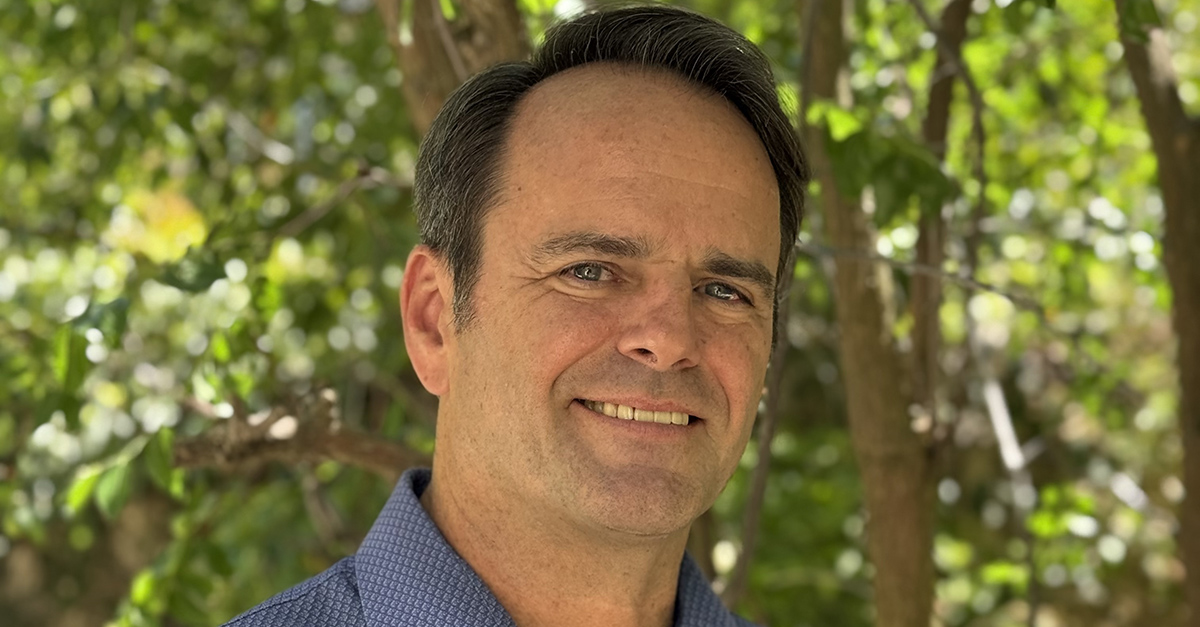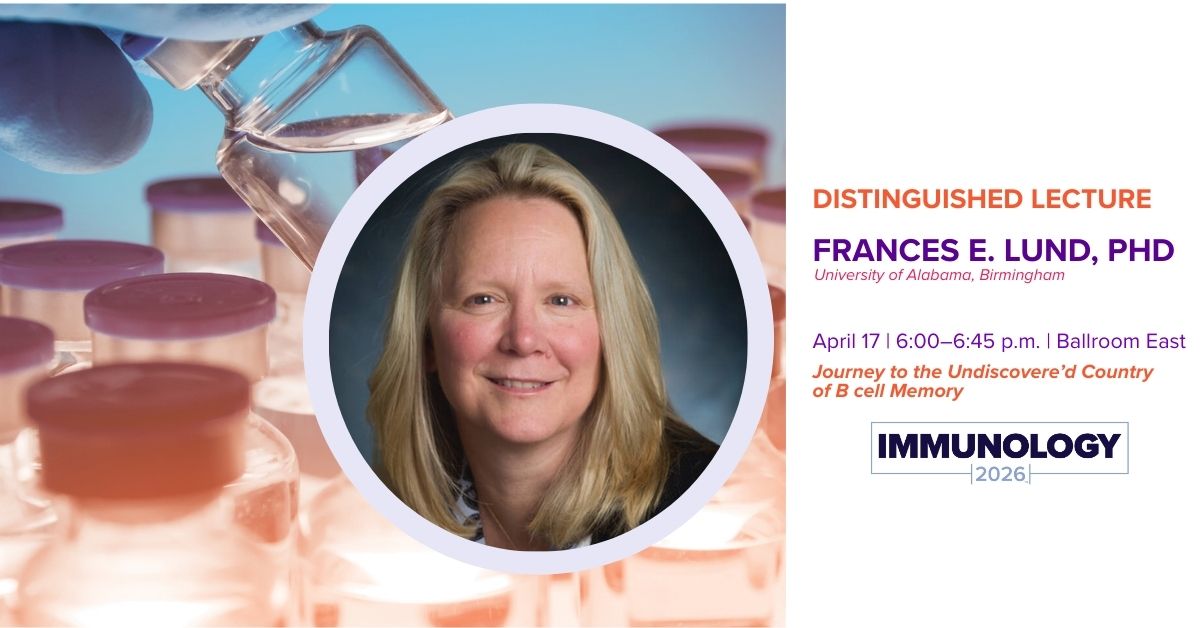
On July 1, Gwendalyn Randolph, Ph.D. began her term as the newest member of the AAI Council. Dr. Randolph is the Emil R. Unanue Professor of Pathology and Immunology at Washington University School of Medicine in St. Louis. She joined AAI in 2001.
Dr. Randolph grew up on a farm in the Texas panhandle, where she first developed an interest in biology. As a freshman at Temple University, she recalls sitting in a laundromat and reading about the history of leukocyte trafficking in response to tissue injury, which led to her deciding to study immunology. After completing her Ph.D. in molecular and cellular pathology, she had post-doctoral fellowships at Rockefeller University and Weill Cornell Medical School. Randolph’s laboratory has been at WashU since 2011.
Increasing mistrust of science has sparked Dr. Randolph’s interest in how researchers can demonstrate the value of immunology. She believes it has “never been more important to ensure that our field’s value in the world is clear and our definition of inclusion broad enough to include the lay individual, from all corners of the spectrum, as a stakeholder in our mission.”
We recently asked Dr. Randolph about her plans as a Council member, the field, and her personal life.
What made you interested in serving on the AAI Council?
I am huge fan of the society. It gives back so much to young people and to the field overall. So that makes me eager to serve.
What is the biggest challenge you see facing AAI and the field of immunology? What is the greatest opportunity?
The landscape of research funding and graduate education is changing rapidly right before our eyes. Yet, currently, there is a lot of uncertainty related to how the changes will impact AAI and immunology. Of course, where there is big change, there is opportunity to shed or modify what is not working and lean into what is. It is premature to identify the strongest opportunities, as much remains unsettled. I find it interesting that AAI began to undertake a significant restructuring independently of changes on the horizon at NIH. This move toward some key areas of restructuring naturally revs up the sense of building toward progress and I believe it optimally positions AAI to seize the most fruitful opportunities for growth and impact in the coming months and years.
What do you wish everyone knew about immunology?
I will never forget the time, as college student, that I first encountered the basics of adaptive immunity. I was awestruck! I wish for others, whether scientists or not, could experience the beauty of immunology without seeing it as too complex or even as something to fear.
What do you do for fun?
I garden. I grew up on a farm that grew corn, cotton, wheat, and vegetables for the family. Now I love trying to use my urban yard to grow vegetables for my family. I try different things to optimize outcomes, but every year brings different challenges and successes. I have come to see gardening as a fun way (albeit also sometimes frustrating) to do an annual experiment. When things don’t go as well as hoped, you must wait till next year to change the variables you can control and work around those you cannot. Maybe it doesn’t sound that relaxing, but at least there are no grants to write in these outdoor experiments I do.




